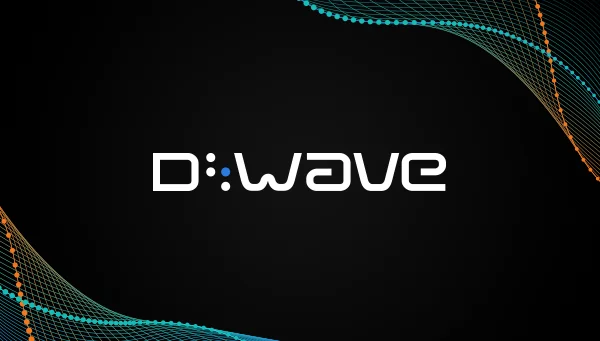Guest Post from James Sanders
Quantum computing enjoyed a relatively tranquil start to the year as generative artificial intelligence overshadowed quantum in technology media. Fundamentally, this was a good thing—getting out of the spotlight gives researchers and startups valuable time to focus, rather than spending time fighting misconceptions. Michio Kaku’s new book “Quantum Supremacy,” and the media tour to promote it, recycles multiple talking points long since debunked within the quantum community and introduces new claims that are equally, if not more, specious.
It’s practically impossible to overstate the absence of quality found in “Quantum Supremacy.” Readers with no preexisting knowledge of quantum computing will find themselves less informed about the topic by the end of the book. Scott Aaronson observed, in his review of Quantum Supremacy, the book “[perpetuates] two of the most basic, forehead-banging errors about what quantum computers can do,” by claiming that quantum computers change what can be computed, as well as claiming that a quantum computer “analyzes all possible paths at the same time.”
Various other scientific points of contention exist, and Aaronson—as a scientist—is better-equipped to address them. However, the primary problem with Kaku’s book is not scientific, it is rhetorical: Kaku relies on outlandish claims about the impact quantum computing could have. These claims alternate between direct quotations and refactorizations of oft-repeated concepts commonly understood to be wrong. Given the title of the book, vis-à-vis the implications of “quantum supremacy,” it would be foolish to expect to find anything of value.

Of course, this did not happen in a vacuum: Google’s 2019 claim of achieving “quantum supremacy” with its Sycamore processor—which Kaku opens the book with, ignoring multiple sources comprehensively debunking the claim—remains one of the most visible instances of bad science communication. Google has clearly not learned from this experience, claiming in 2022 to have created a wormhole using a quantum computer, leading to another flashpoint of misunderstanding: the Nature paper was relatively restrained, Google’s blog post overextended the findings, and the media confabulated that post into something it is not.
It is vital for the quantum industry to avoid sensationalist claims, and—given the prospect of raising a funding round, winning customer revenue, or bolstering a stock price—excruciatingly difficult for it to do so. Turning the crank of the hype machine leads to public misunderstanding, and opportunistic efforts to leverage that misunderstanding inevitably result.
That said, there is surprisingly little about quantum computing in “Quantum Supremacy”. If you used ChatGPT to explain the fundamentals quantum computing, the answer would be at least as accurate, and more likely to be about quantum computing. For what little there is, the detail provided alternates between overgeneralization and misinformation—Kaku attempts to explain the history of computing starting from the Antikythera mechanism onward, name-dropping scientists throughout the ages along the way, as well as philosophers and poets. In result, the book reads like a manuscript for a television program reminiscent of Carl Sagan’s Cosmos more than an explanation of quantum computing.
Even with a generous interpretation of what could be possible with a quantum computer, Kaku indulges in ludicrous claims, such as “Quantum computers may also give us the ability to live forever digitally,” in the chapter on immortality, or using quantum computers to find aliens by way of signals processing. Kaku also suggests using quantum computers for applications which are generally poor fits for quantum computers, such as sentiment analysis in natural language processing (NLP) to prevent pandemics—NLP is efficiently computable on classical systems today, though the premise of using NLP for pandemic prevention is tenuous at best.
Lofty predictions are practically unavoidable in popular science books, and Kaku’s attempt isn’t the first, nor will it be the last, to mischaracterize what quantum computers will be useful for.
Kaku’s relative fame, however, makes this an unfortunate circumstance—leading a credulous audience astray in either a passing curiosity or earnest interest in learning about an increasingly visible field of study. While any resource on quantum computing in which someone involved in quantum computing is likely to be better in general, Microsoft’s Path to Quantum at Scale series is a particularly good primer for businesses exploring potential uses of quantum computing. For personal interest, Bob Sutor—who suffered the distinction of being quoted on the first page of “Quantum Supremacy”—wrote the infinitely more informative “Dancing with Qubits” in 2019. Sutor’s book presumes a modest mathematics background of readers; while still easily approachable, a fair alternative may be found in “Quantum Bullshit: How to Ruin Your Life with Advice from Quantum Physics” by Chris Ferrie.
If you found this article to be informative, you can explore more current quantum news here, exclusives, interviews, and podcasts.















